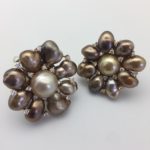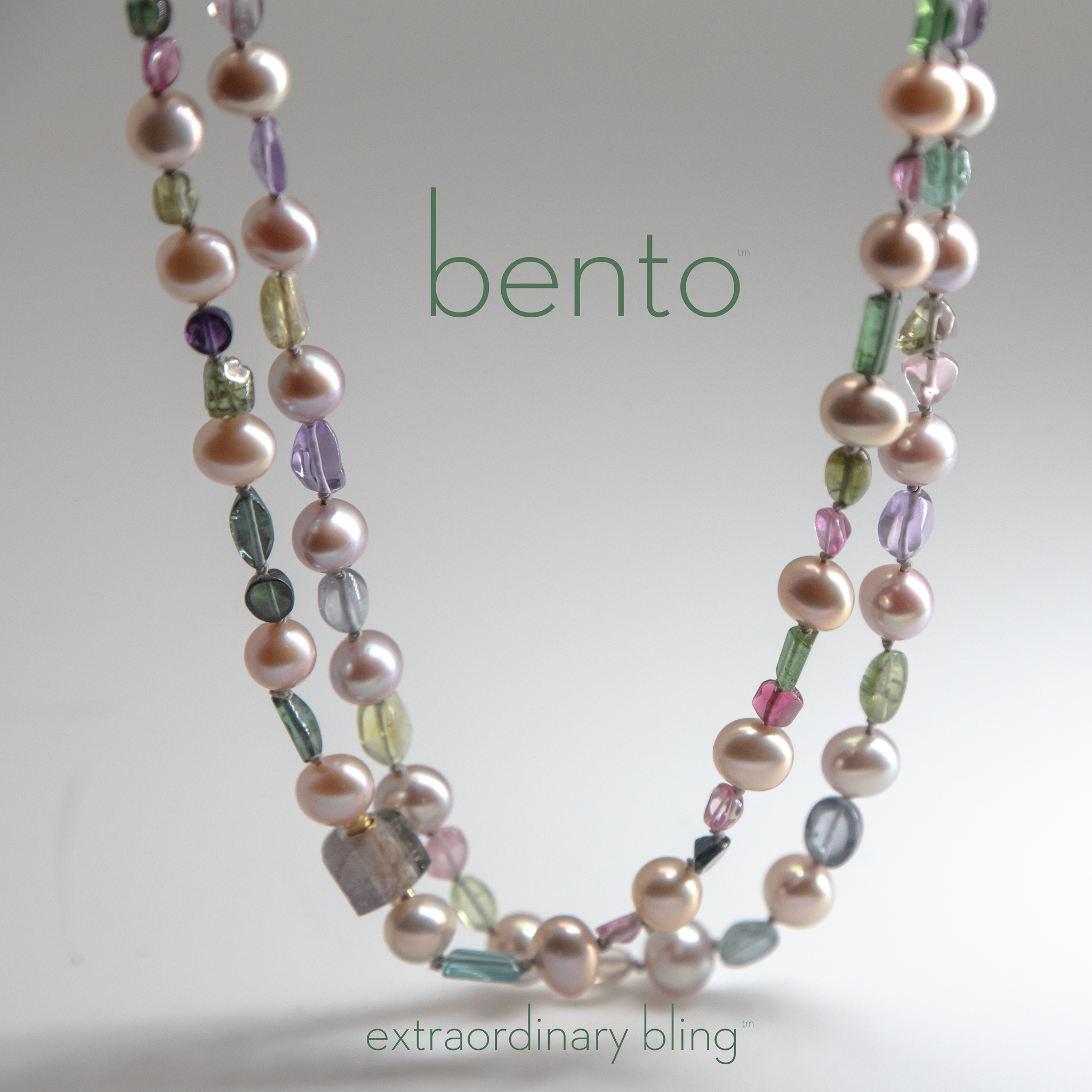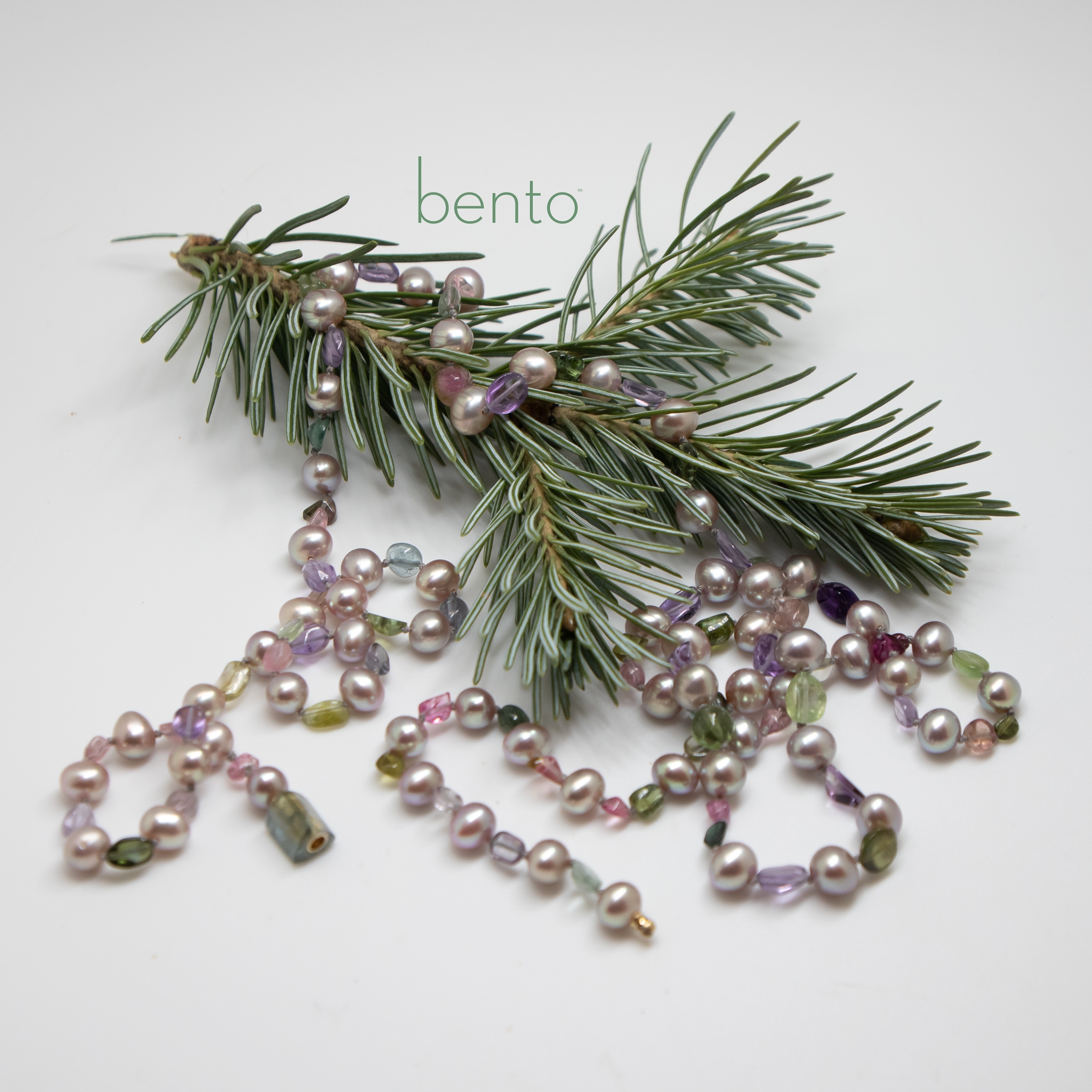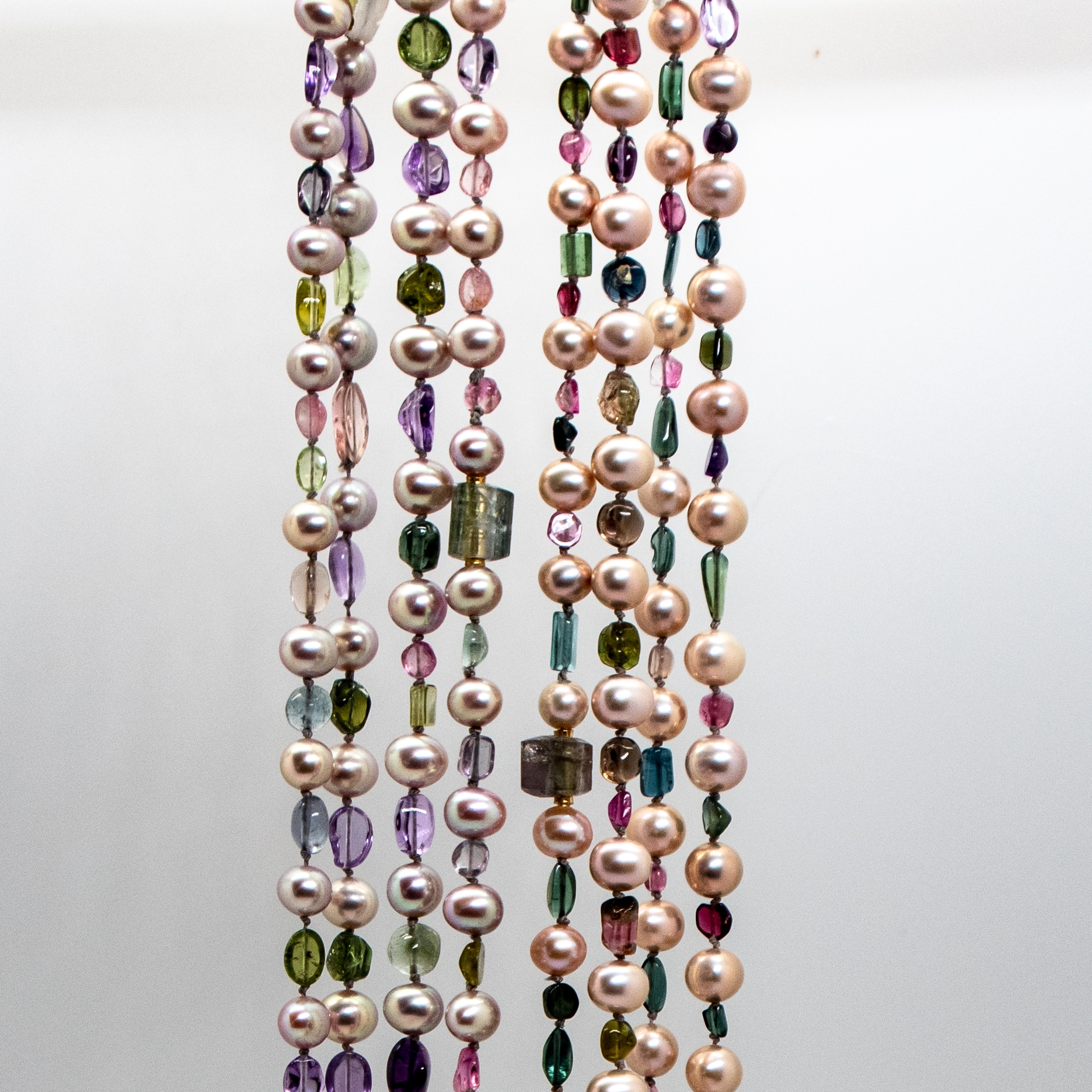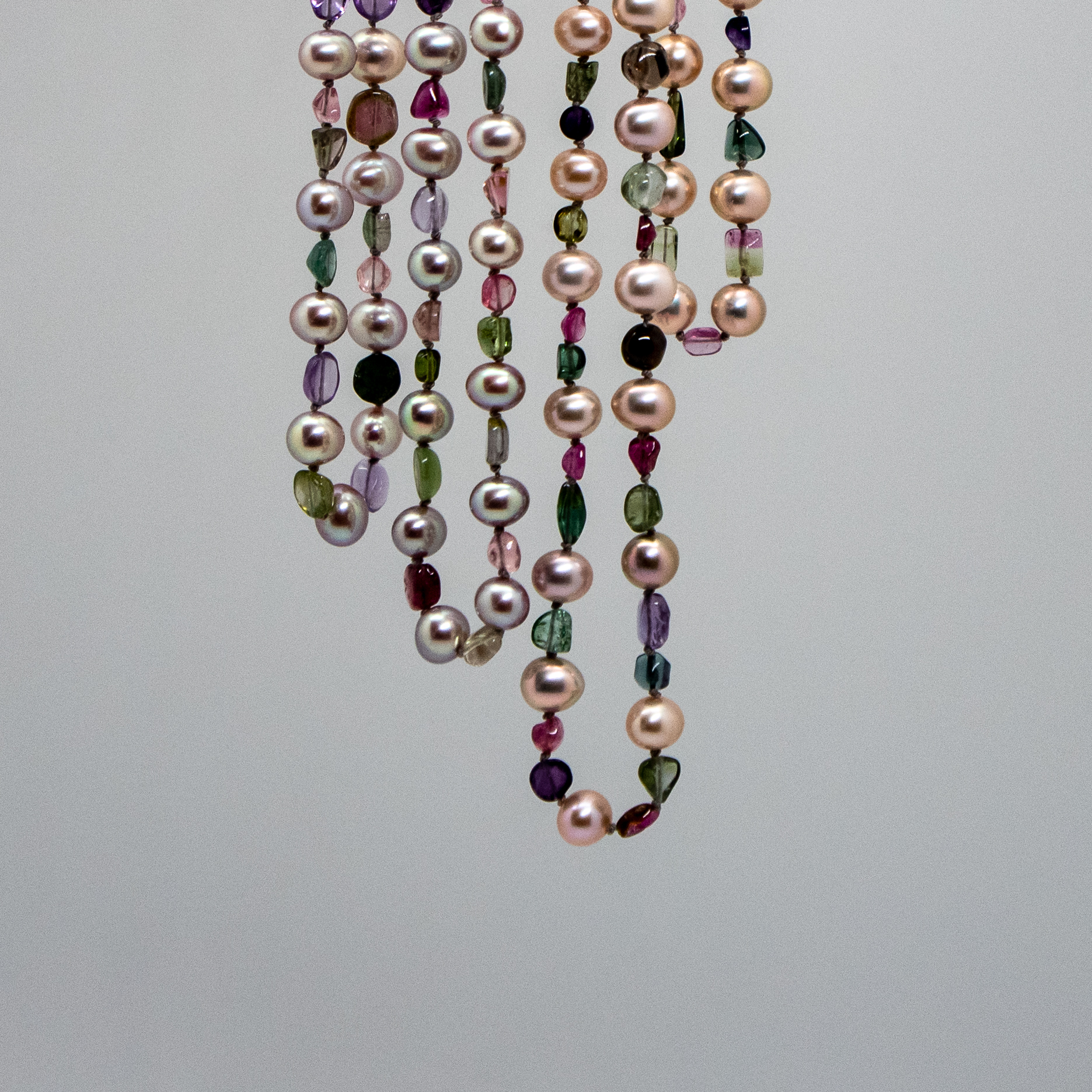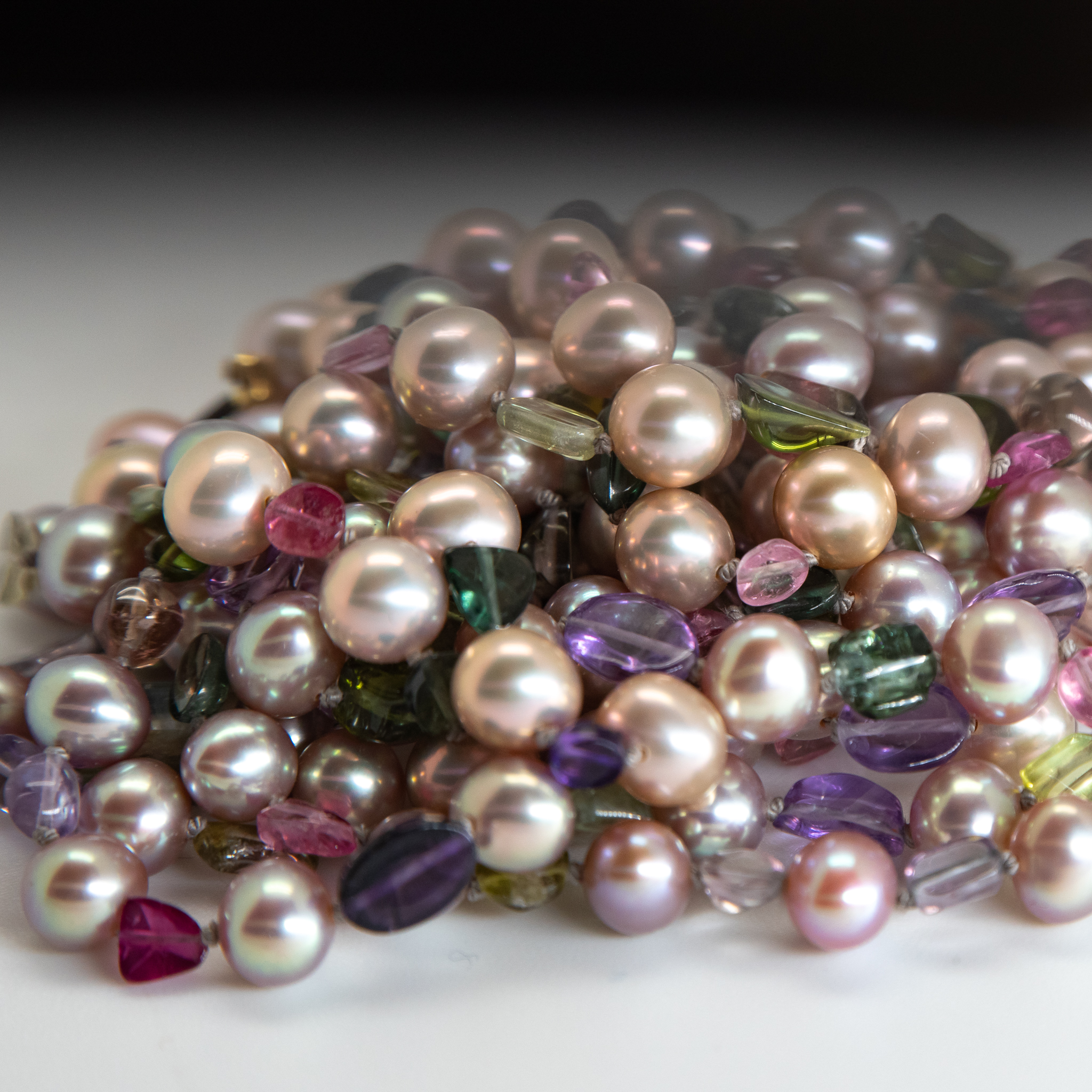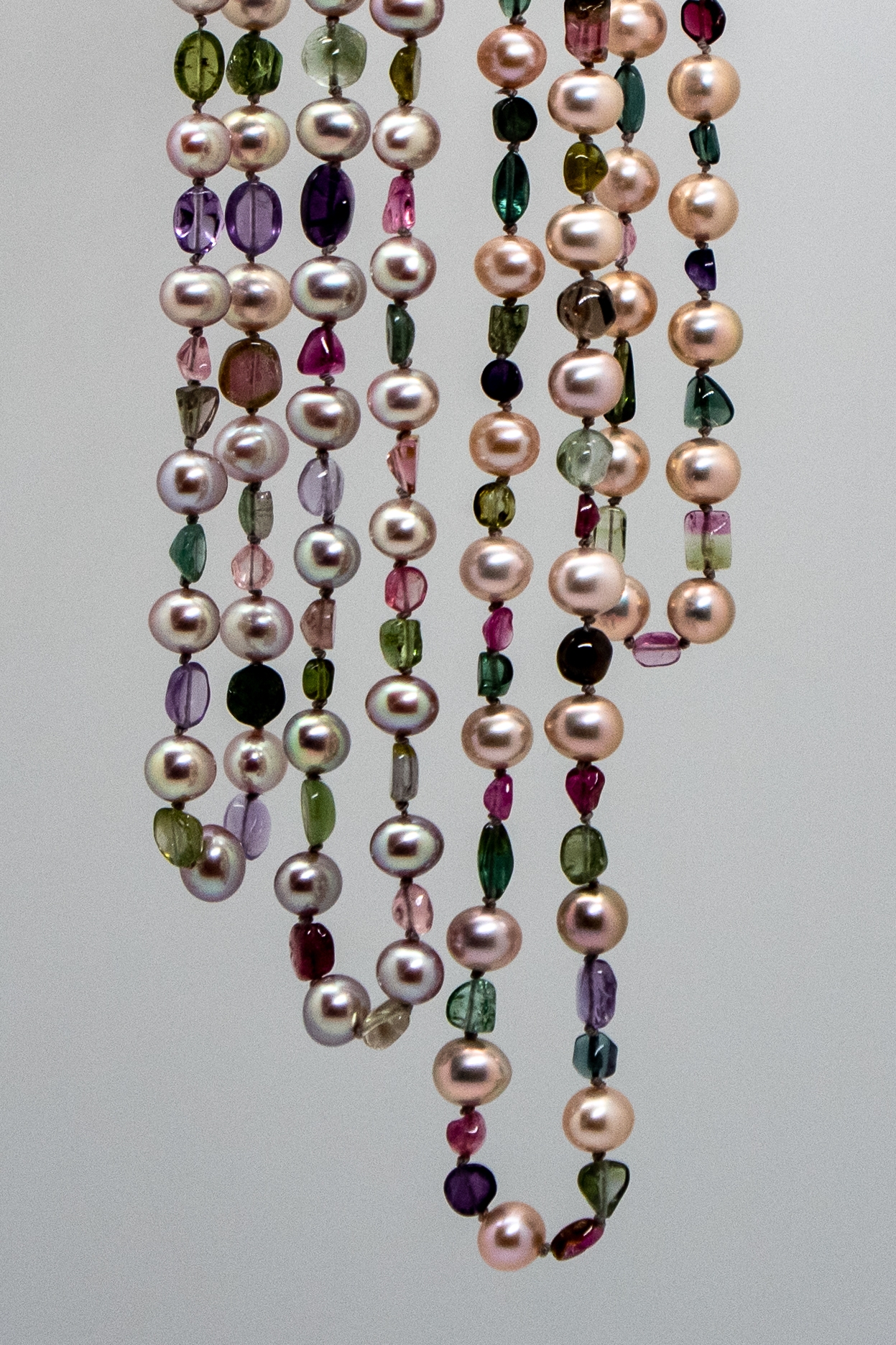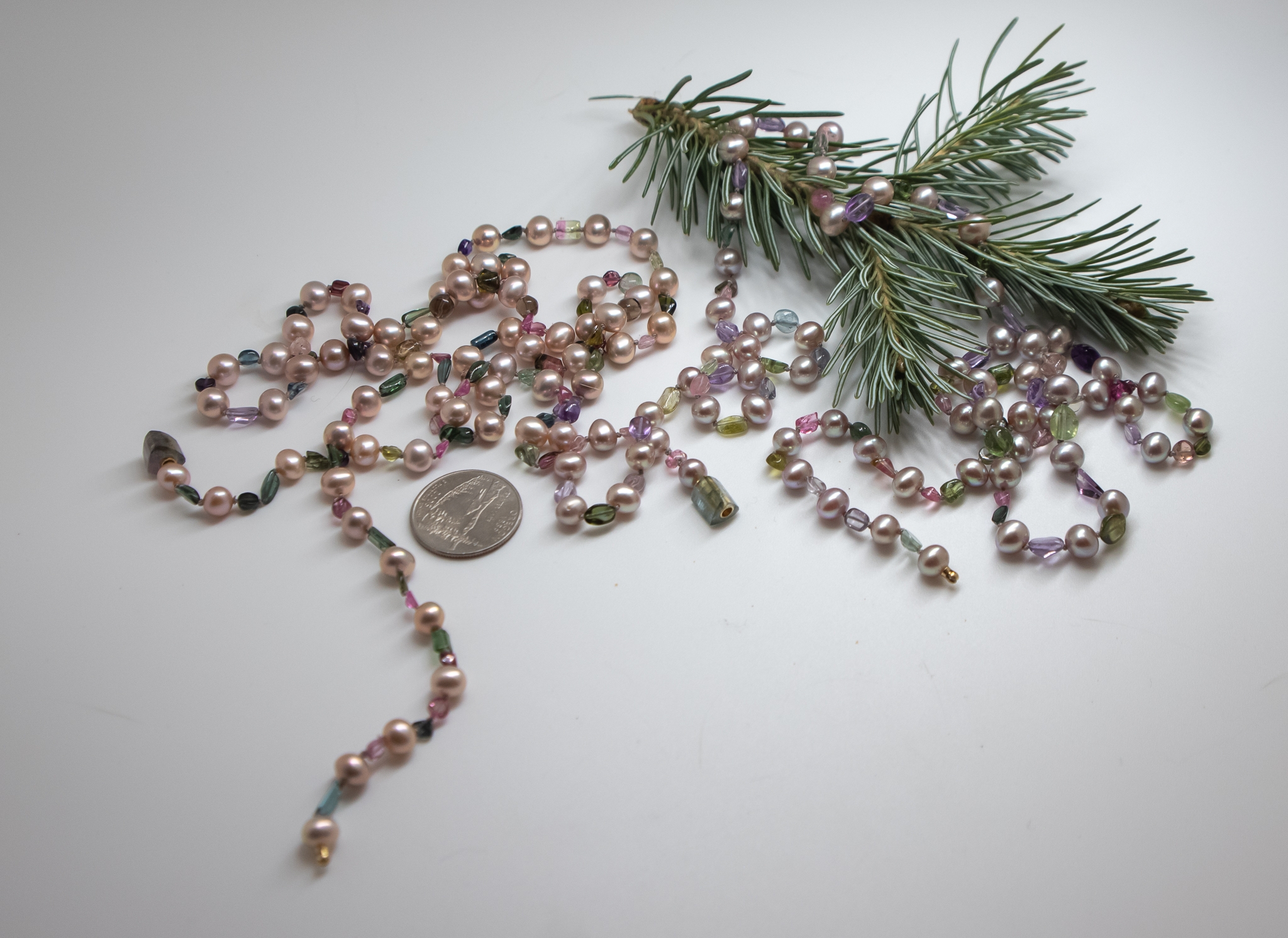Tourmalines & Freshwater Pearls
A confetti of multi-colored tourmalines, sparkling against the silky lustre of peachy-pink and lavender-gray freshwater pearls, are just what this party needs! There are two opera-length strands, with 18K gold tube & key tourmaline crystal clasps. Each necklace has a subtly different hue; and may be worn alone, in tandem or connected into a single strand. Happiness guaranteed!
designer: atelier bento
details:
- necklace length: each 37" (74" when linked)
- tourmalines: 3-5 mm smooth cabochons
- gem source: Brazil
- stone treatments: none
- drilling: ultrasonic
- gold content: 18K
- pearls: Chinese freshwater
- marks: bento
$2700 for the pair
item: N 00020
availability: one-of-a-kind
CONTACT: 520-906-7187
about Tourmalines:
Tourmalines exhibit the most diverse color range of any gemstone. From the red of Rubellite, the indigo blue of Indicolite, the turquoise of the Paraíba tourmaline from Brazil, and the ever fascinating Watermelon Tourmaline that is cut crosswise to reveal a pink center with a green edge, there is a tourmaline for every imagination.
Tourmalines make up a group of closely related mineral species that share the same crystal structure but have different chemical and physical properties. They share the elements silicon, aluminum, and boron, but contain a complex mixture of other elements such as sodium, lithium, calcium, magnesium, manganese, iron, chromium, vanadium, fluorine, and sometimes copper. A tourmaline’s chemical composition directly influences its physical properties and is responsible for its color. Gemologists use a tourmaline’s properties and chemical composition to define its species. The major tourmaline species are elbaite, liddicoatite, dravite, uvite, and schorl. Most gem tourmalines form in igneous granite pegmatite pockets and some form in limestone that has been altered by heat and pressure.
Tourmalines are mined in a variety of places, most notably Brazil, however there are also some great sources in California and Maine, as well as in Madagascar and Afghanistan. The birthstone of October, an October girl could probably collect a different color of tourmaline for each birthday!
partial source: GIA.edu
about freshwater cultured pearls:
Freshwater cultured pearls have come a long way in recent years in terms of quality. The often almost metallic colors of pink, peach, lavender, gold, and silver, combined with distinctive shapes and improving lustre make these an attractive choice for design with pearls. Produced almost exclusively in China from the freshwater mussel Hyriopsis cuningii (also known as the triangle mussel for its shape) and Hyriopsis Schlegeli ('Biwa'), these mollusks are grown in freshwater ponds reminiscent of rice paddies, often on family farms.
The pearl is initiated from multiple grafts of mantle tissue inserted into the valves, allowing for the production of up to 32 pearls per mollusk. As a result, the sheer quantity of pearls produced is astounding. Shapes are referred to as potato, button, petal, corn flake, coin, baroque, stick; really, you can call them whatever shape they may remind you of! Near-round shapes are becoming more available and recent efforts to produce bead nucleated pearls (similar to the salt water culturing process) have produced some interesting large shapes like 'fireballs' and the surprise ‘soufflé’ pearl.
YOU MAY ALSO LOVE:
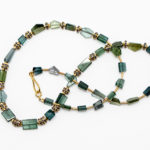
CONTACT: 520-906-7187
